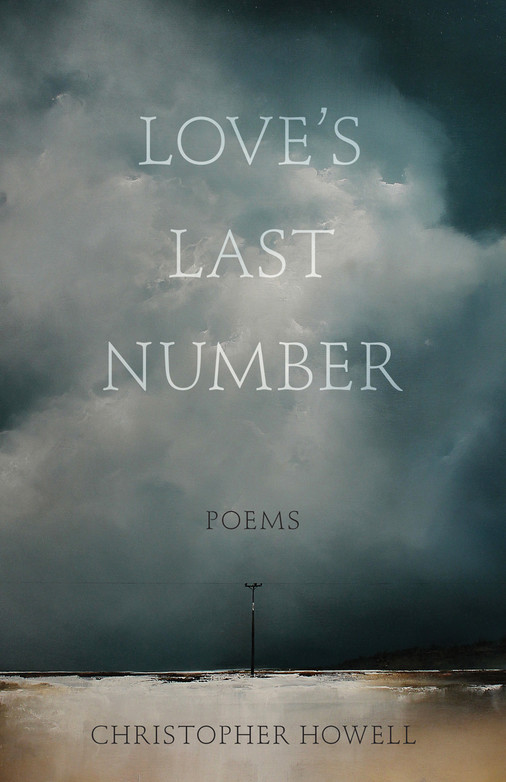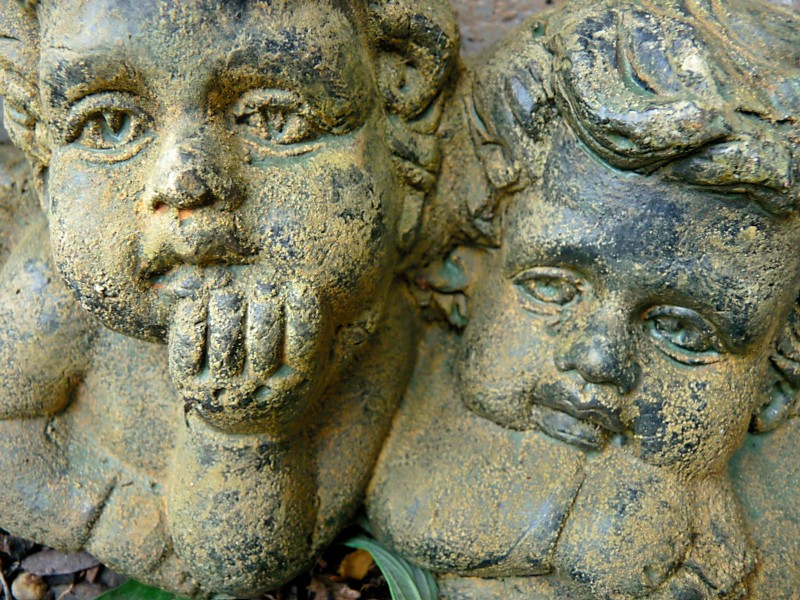Can I Use Dialogue in Poems?
I’ve been reading a friend’s poems, trying to be helpful, and one question that has come up is how to represent dialogue in poems. So I’ve been scouring my books for examples, and I’m a little surprised to see it done so infrequently. My advice: you can set the speech in italics, or you can use quotation marks, or nothing at all. (Choose one method and be consistent, at least within a single book.) But, as an editor once told me regarding a chapter of one of my novels: “Cut dialogue to the bone.” That is, whatever you do, keep it as spare as possible.
That’s good advice, generally, for writing a poem. If you don’t need a word, let it go.
Here’s an example of dialogue—and spareness—from Jane Kenyon, whose book, Otherwise: New and Selected Poems (Graywolf, 1996), is a favorite of mine. It’s fun to see, too, the description of those ancient mimeographed sheets from pre-Xerox days. (Remember Xerox?) The poem is a time-capsule from Kenyon’s childhood:
Learning in the First Grade
“The cup is red. The drop of rain
is blue. The clam is brown.”So said the sheet of exercises—
Purple mimeos, still heady
from the fluid in the rolling
silver drum. But the cup wasnot red. It was white,
or had no color of its own.Oh, but my mind was finical.
It put the teacher perpetually
in the wrong. Called on, however,
I said aloud: “The cup is red.”“But it’s not,” I thought
Like Galileo Galilei
muttering under his beard….—Jane Kenyon
Another poet who came to hand who uses dialogue (and in the same way, with quotation marks) is Christopher Howell, whose title poem in Love’s Last Number (Milkweed, 2017) breaks my heart every time I read it. It begins with another early-learning anecdote:
She was four years old when she told me
the children at her daycare had been arguing
over which was greater, infinity (pronounced
“finity”) or the last number.
In a later stanza, Howell drops in a single 12-word quotation—setting it as if in amber, given that the poem is “in memoriam.” The opening is so simple and direct; one could argue that it is prose, but it introduces us to a poem that, as it continues, becomes a stunning and poetic paean to what counts.
Maybe the real lesson here has to do with that. Not everything that counts can be counted (as Einstein probably didn’t say). But when making a poem—even in free verse—one of the tasks, it seems to me, is to make everything count.






A very interesting topic, dear Poet. Here’s another I found:
It is in Lucky Fish by Aimee Nezhukumatathil and is in italics if you can’t quite see:
During dinner, / the physicist said A cricket won’t burn / if it’s thrown into a fire. Everyone laughed.
I love seeing mention of Chris Howell’s poem here.
A book I immediately think of is “Rider,” by Mark Rudman. It’s filled with dialogue, sometimes funny, that moves the collection forward. It may be set inside a therapist’s office, or inside the speaker’s head, and ventures in and out. It’s deeply confessional, and maybe that’s fallen out of favor now, but I learned a great deal from it when I read it, and imitated it too–the highest praise I know.
Love these comments!
Also, today at Poem-a-Day, they featured Diane Suess’s poem “Ballad,” which uses dialogue without quotes or italics. https://poets.org/poem/ballad-0
Going to look up Mark Rudman now.